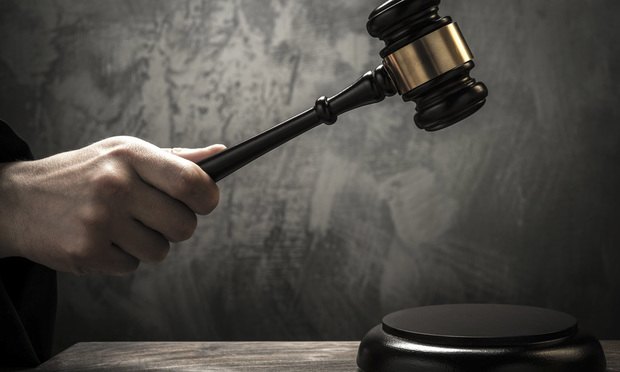A preliminary hearing, which is held at district court, is often the starting point for any criminal case. At the preliminary hearing, the Magisterial District Justice determines if there is enough evidence for a case to be held up to the Court of Common Pleas. Often, it appears as if a trial is happening, but it is not. The preliminary hearing does not determine if someone is innocent or guilty, but rather if there is enough evidence for the case to go to trial.
Potential Outcomes
There are various outcomes that can occur at a preliminary hearing. The result may be the charges are dismissed, the charges are held up to the Court of Common Pleas as result of a hearing or a waiver, or a summary deal could occur.
The Chargers are Held
The charges may be held up to the Court of Common Pleas, if the district attorney satisfies their burden during a preliminary hearing. The defense will get an opportunity to cross-examine witnesses, examine limited evidence, and argue for the case to be dropped. The defense does not have as many rights as they do at a trial. Thus, they are limited in questions they can ask because they may be deemed to be not relevant (for the purposes of a preliminary hearing), they go to discovery, etc. The limited scope and the low level of proof the district attorney has to satisfy, makes it hard for a defense attorney to get a case dismissed at the end of a hearing.
Dismissal/ Withdraw
A dismissal occurs at a preliminary hearing when the Magisterial District Justice finds that the Commonwealth has not satisfied their burden of proof, and the charges are dismissed. However, unlike at a trial, double jeopardy does not apply. If the charges are dismissed, the District Attorney may refile the same charges. Although the charges cannot be refiled unlimitedly, the charges may be refiled a couple times after the first dismissal. Further, A district attorney may withdraw all or some of the charges at a preliminary hearing.
Waiver
The defendant may choose to waive all of his/her charges up to the Court of Common Pleas. A waiver occurs when the defense feels as if there is not a substantial reason to hold a hearing or intends to apply for a diversionary court.
Waiver with Applications
A defendant may waive a preliminary hearing to apply to a diversionary court. For example, in Chester County, a defendant may apply for the ARD (Accelerated Rehabilitative Disposition) program, or veterans, drug, recovery, or mental health court. The district attorney will not admit a defendant into any of these courts if the defendant held a preliminary hearing.
Summary Plea
The district attorney may offer a defendant a summary plea at the preliminary hearing. This allows for the defendant’s misdemeanor/felony charges to be withdrawn and the defendant would plead to a summary offense and pay fines and costs. This would prevent the case from going to the Court of Common Pleas, and the case would end that day.
Summary Agreements
The district attorney may find the defendant is a candidate for a summary plea, as stated above, but may require additional conditions. A summary agreement, for a certain amount of days is written (typically 90 days), and the defendant would have that amount of days to fulfill all requirements. If the defendant satisfies all the requirements, he/she will plea to a summary offense. Some examples of additional requirements are: anger management classes, community service, alcohol/ drug treatment, restitution, domestic violence classes, etc.
Burden of Proof
At the preliminary hearing, if the case actually goes to a hearing, the district attorney has to prove a primia facie case. What this entails is, the district attorney must prove: 1) that more likely than not a crime has occurred and 2) that the defendant was the one who more likely than not committed the crime. It is a low level of proof and is extremely lower than proof beyond a reasonable. The district attorney must also show that the case happened in the court’s jurisdiction and the elements of the crimes.
Bail
The defense and the district attorney have an opportunity to modify bail. If bail was not set, the Magisterial District Justice will set bail. Common forms of bail include ROR (released on you own recognizance) which means that the court trusts the defendant to appear at all court hearings, and it does not impose any financial burden. Unsecured bail sets a money amount the defendant will have to pay if he/she fails to appear at court. A bail with monetary conditions can be imposed, which requires the defendant to pay to stay in the community.
How We Can Help
Having a strong defense attorney is vital at a preliminary hearing. The lawyers at the Law of Office of Vincent J. Caputo will fight to get you the best deal at the preliminary hearing. We will make sure you are aware of your rights and will steer your case in the best direction. It is easy to make a wrong step at a preliminary hearing, and to lose opportunities that you may have had. If you or a loved one has an upcoming preliminary hearing, call the Law Office of Vincent J. Caputo to arrange your free consultation today.








